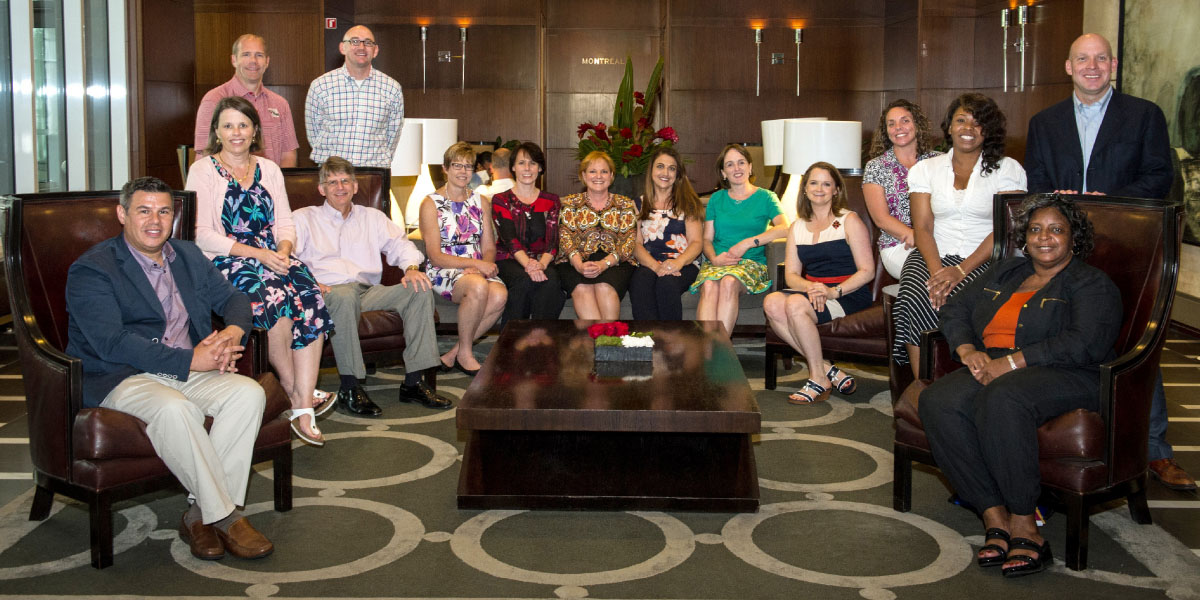Invigorated and Energized. That’s how the 15 members of the inaugural class of NACUBO Fellows felt at the end of their first day of a two-day opening workshop held in conjunction with the NACUBO 2016 Annual Meeting in Montréal.
“I was ecstatic to be selected as part of the NACUBO Fellows Program,” says Yolanda Bonnette, associate vice chancellor for business and finance, Fayetteville State University, N.C. “I think it’s a real accomplishment. It’s experience that you just can’t get every day.”
The inaugural year of the NACUBO Fellows Program began in July with the intensive workshop and will conclude at the NACUBO 2017 Annual Meeting in Minneapolis, July 29–August 1. The 12-month leadership development program is designed specifically for individuals who are preparing to become chief business officers in their next role.
Building a Strong Network
The fellows will spend the next year learning from higher education leaders about issues related to business management, institutional communications, and the expanding role of the CBO.
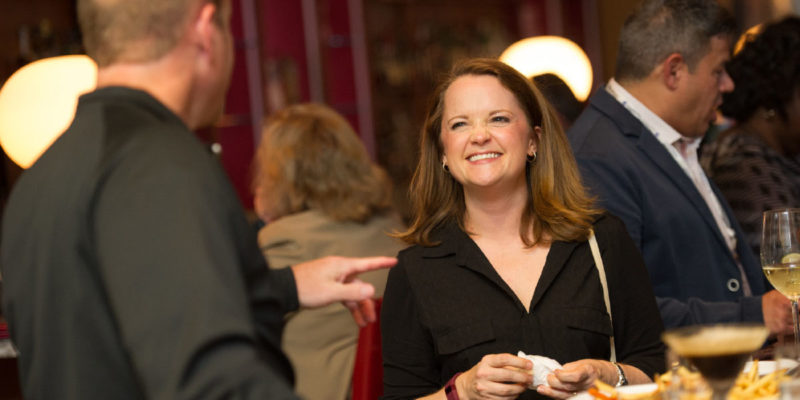
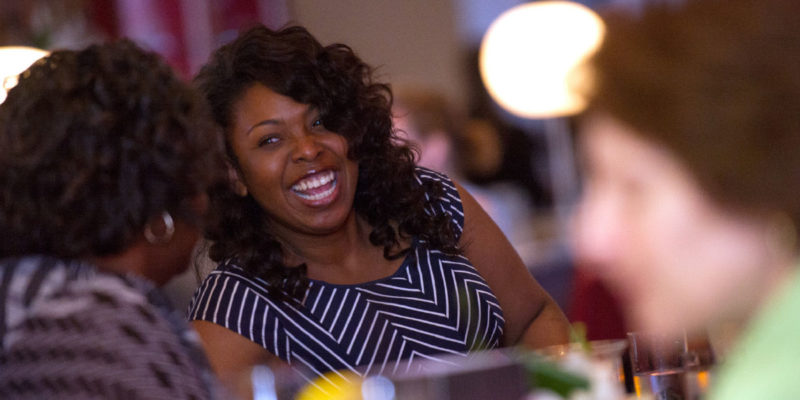
Core activities include:
- Attendance at the NACUBO Planning and Budgeting Forum.
- Fall and spring workshops.
- Leadership inventory assessments.
- Networking with industry leaders.
- Cohort project work.
- Campus visits.
The fellows bring diverse backgrounds in higher education—both in the types of institutions where they work and the time they’ve spent in the industry. Bonnette, for instance, has worked in higher education for about three decades, while Charles McFarland is a relative newcomer to higher education, looking to the program as a “fast-track to learning.”
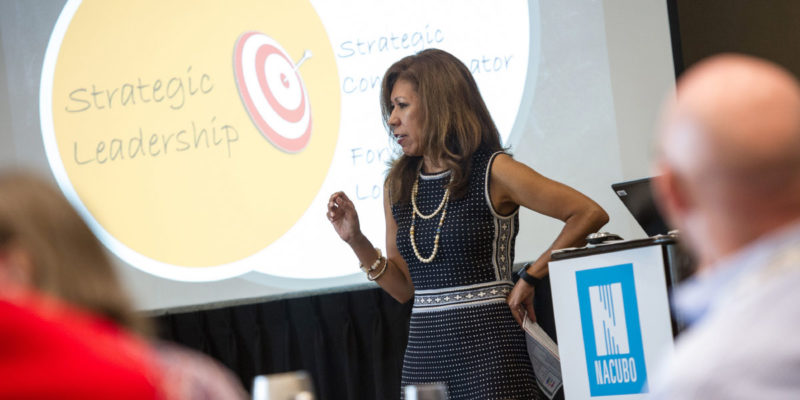
“For me, it’s connecting with people in the industry to hopefully shortcut some of the learning curve,” says McFarland, who transitioned from a corporate role to join his alma mater Wittenberg University, Springfield, Ohio, as assistant vice president, finance and administration.
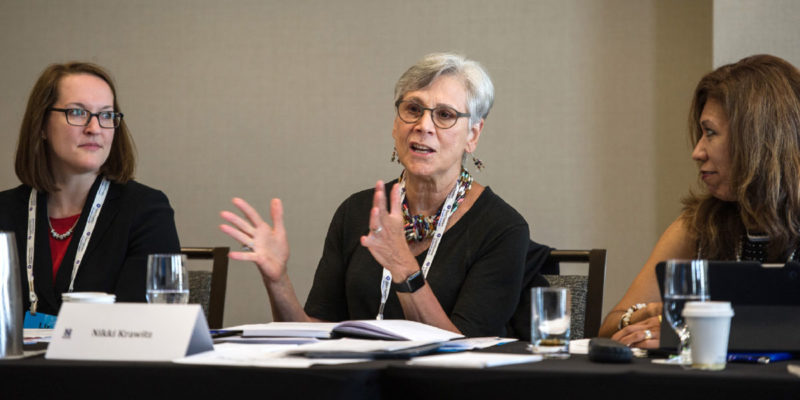
The opening workshop offered that and more. The fellows had the opportunity to meet each other, understand the competencies that are required for high performance in the CBO role, and also reflect on their professional strengths and gaps identified in a leadership assessment to design an individual learning and development plan for the year.
The connections are valuable to other participants as well, including Tricia Spellman, assistant vice president for finance, Dartmouth College, Hanover, N.H. Her daily interactions typically are with professionals at other Ivy League institutions, a network she’s looking forward to expanding through her participation in the NACUBO Fellows Program.
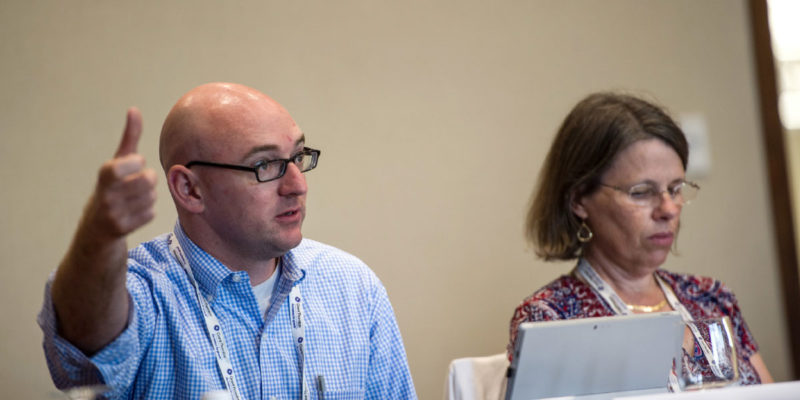
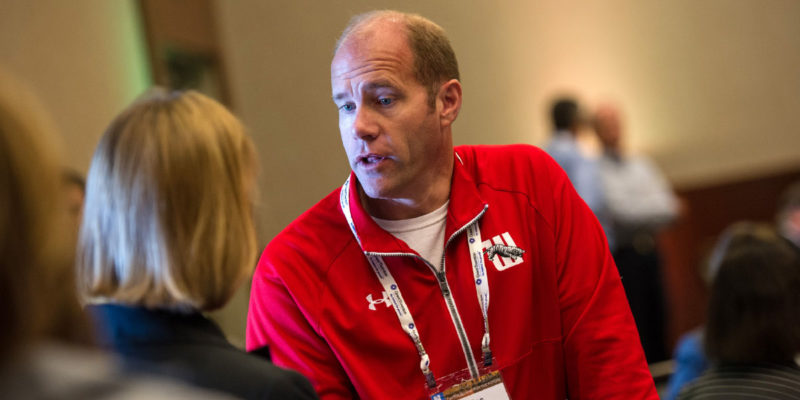
The relationships the fellows build through the yearlong program will serve them well throughout their careers. “If we all become CBOs, we already have a built-in network,” Bonnette says. “We all have strengths in different areas, so it will be really beneficial.”
KATY HOPKINS is public relations manager at NACUBO.



